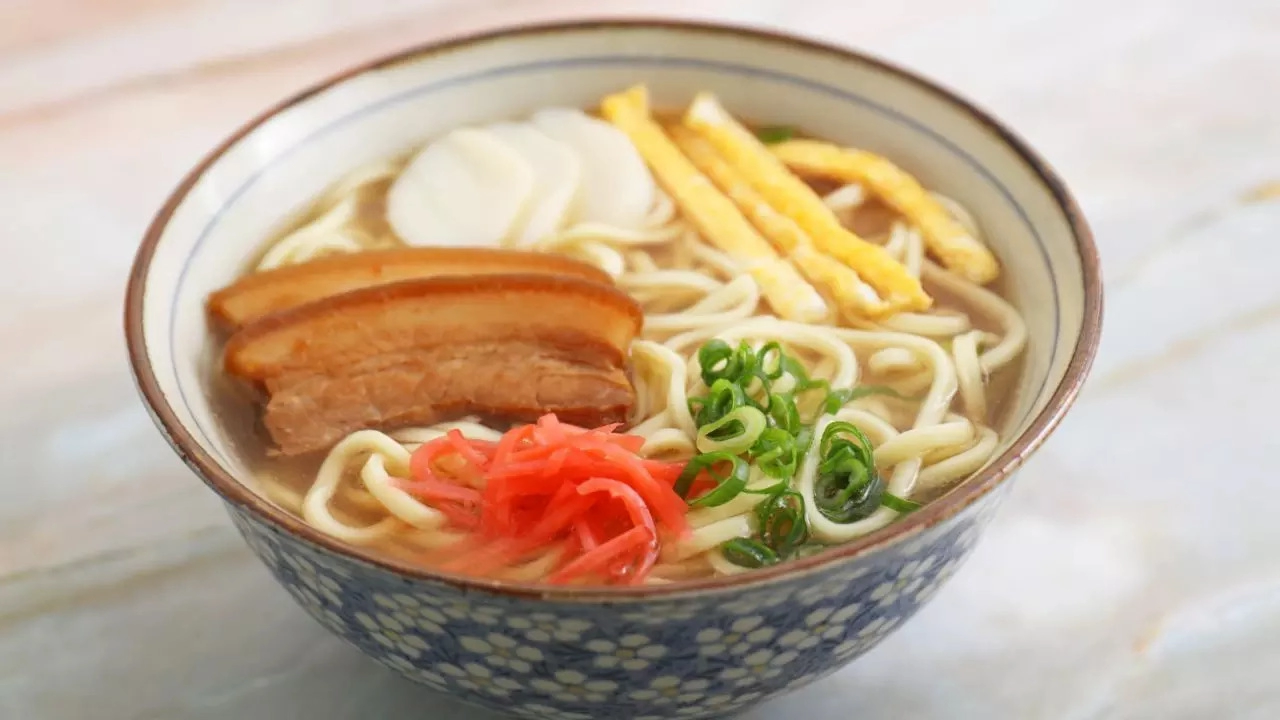Debosmita Ghosh • 18 Sep 2024
From Longevity To Reduced Risk Of Disease; Check Here The Benefits Of The Okinawa Diet

Know The Health Benefits Of The Okinawa Diet
Okinawa diet is a traditional form of diet followed by the people living on Okinawa island, located in southwest of mainland Japan. The Okinawa region is one of the five regions in the world which is known as the blue zone. These are zones wherein people live exceptionally long and healthy lives when compared to the rest of the world. Experts believe that the longevity and healthy lives of the people of the island are due to genetic, environmental and lifestyle factors.
One of the major contributing factors is their diet. The Okinawa diet is low in calories, fat and high in carbohydrates. The diet focuses on vegetables and soy products alongside occasional and small amounts of noodles, rice, pork and fish. Here, take a look at the breakdown of macronutrients in the Okinawa diet.
In the original Okinawa diet, carbs constituted 85% of the diet, however, with the modernisation of food production, there have been changes in the diet components. In the modernised version, carbs constitute 58%. In the original diet, protein constituted 9% and now the modern version, protein constitutes 15%. Similarly, fat in the original version of the Okinawa diet was 6% including 2% saturated fat but the modernised version has 28% fat including 7% saturated fat.
Here, take a look at the benefits of the Okinawa diet.
Longevity
The Okinawa diet is linked to a longer lifespan as Okinawans have one of the highest numbers of centenarians globally. The diet’s focus on nutrient-dense, low-calorie foods helps in healthy ageing by reducing the risk of age-related diseases and maintaining overall vitality.
Risk of Chronic Diseases
This diet is rich in antioxidants that come from vegetables, fruits and seaweed. The Okinawa diet also helps fight oxidative stress and inflammation. It also lowers the risk of chronic conditions like heart disease, diabetes and certain cancers, thereby, contributing to long-term health.
Heart Health
The Okinawa diet is low in saturated fats and high in omega-3 fatty acids that come from fish and seaweed which helps to improve cardiovascular health. This helps reduce cholesterol levels, blood pressure and also the risk of stroke or heart attacks.
Weight Management
The caloric restriction is a part of the Okinawan practice of ‘Hara Hachi Bu’ which means eating until 80% full. This prevents one from overeating and promotes a healthy body weight, thereby, reducing the risk of obesity and related health issues.
Immune Function
The diet is rich in vitamins and minerals that come from leafy greens, sweet potatoes and sea vegetables, all of which boost the immune system. This helps prevent infections, promotes faster recovery and lowers the risk of autoimmune diseases.
Digestive Health
High-fibre foods such as sweet potatoes, legumes and vegetables help in digestion and maintain gut health. Fibre also helps regulate blood sugar levels and improves bowel movements, thereby, lowering the risk of digestive disorders.
Mental Health and Cognitive Function
Omega-3 fatty acids from fish and other sources in the Okinawa diet are important for brain health. These nutrients help to maintain cognitive function, reduce the risk of neurodegenerative diseases and improve mental clarity.
Blood Sugar Levels
The low glycemic index of sweet potatoes and other staple foods helps stabilize blood sugar. This reduces the risk of type 2 diabetes and improves overall health.
Get Latest News Live on Times Now along with Breaking News and Top Headlines from Diet, Health and around the world.